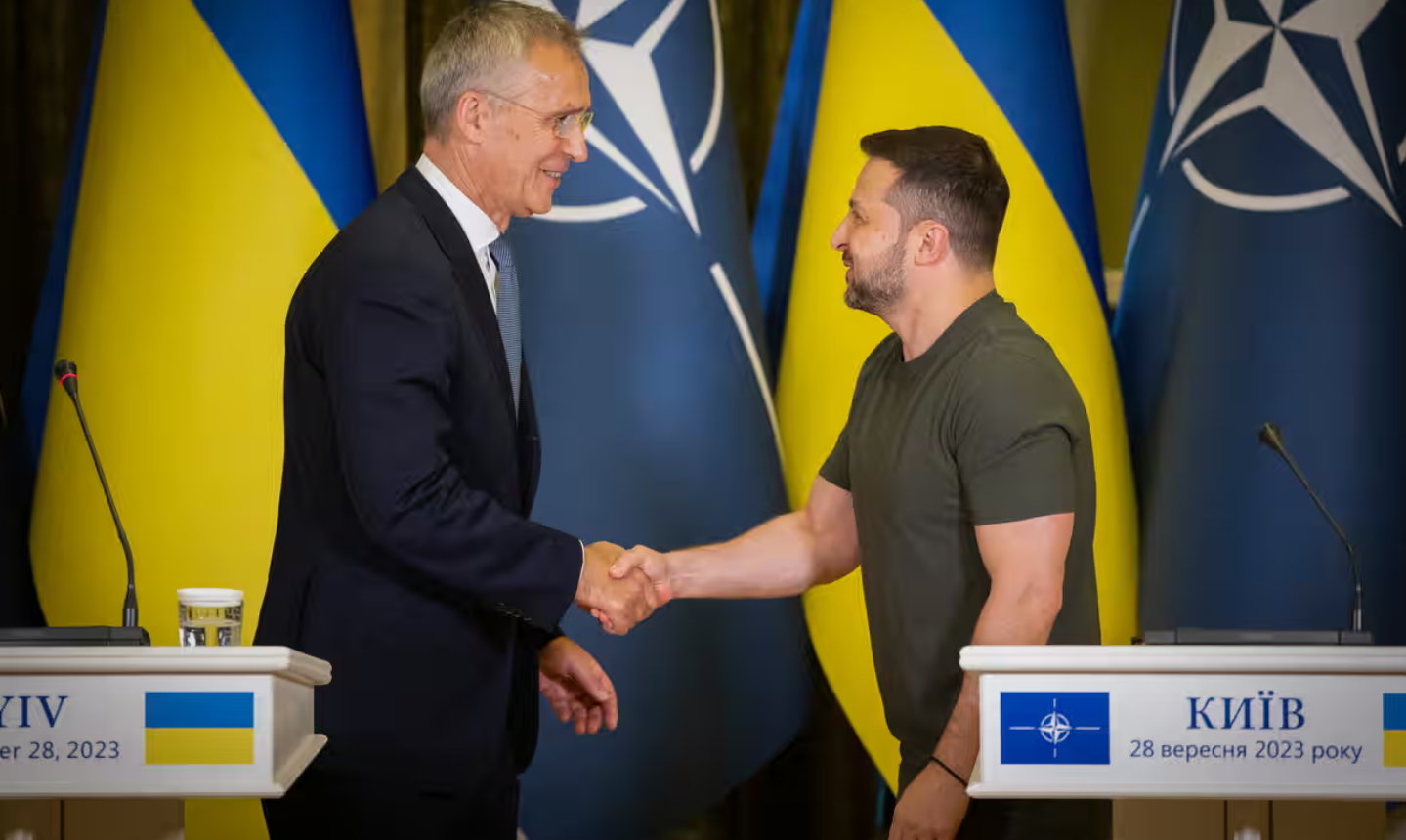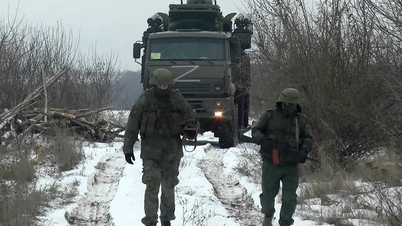The proportion of European Union (EU) citizens who “strongly approve” or “strongly agree” with providing financial and military support to Ukraine has now dropped significantly compared to when the Russia-Ukraine conflict first erupted into military action on the European continent.
That is the result of the latest survey conducted by the Eurobarometer polling agency late last month.
Earlier this month, Ukrainian President Volodymyr Zelensky told The Economist that he “sensed” waning support from Western leaders, warning that failing to back Ukraine would be tantamount to siding with Russia.
Weak approval ratings
According to the survey results, 24% of EU citizens said they “fully approve” of spending money to buy and provide military equipment and training to Ukraine, a significant drop from the 33% recorded in April last year – two months since Russian President Vladimir Putin began a special military operation in the Eastern European country.
Overall support for providing military aid to Ukraine fell from 67% to 48% over the same period, with opposition rising from 26% to 34%.
Ukraine has made some battlefield gains since launching a counteroffensive in early June to retake territory from Russian forces, but has yet to make a major breakthrough to cut off the land corridor connecting the Crimean peninsula, which Moscow annexed in 2014.
There are concerns in Kiev that crucial Western support may begin to wane, especially with key elections looming in both the US and several European countries.

Ukrainian soldiers move in an armored personnel carrier on the front line near Bakhmut, Donetsk region, Ukraine, June 2023, as Ukraine begins a counter-offensive to retake territory from Russian troops. Photo: Times of Israel
The Eurobarometer poll also found that 26% of EU citizens “strongly agree” with supporting Ukraine financially and economically , down sharply from 42% in April 2022. A further 38% said they “tend to agree” with financial support for Ukraine, bringing the number in favor of the Eastern European country to 64%.
The total number of “completely support” and “tending to support” Ukraine recorded in April 2022 was 80%.
The latest Eurobarometer survey was conducted among 26,514 citizens across the EU, including the 27 member states, between 24 and 31 August.
The survey also found that outright support for sanctions against Russia fell from 55% to 46% between April 2022 and August 2023, while support for welcoming refugees from Ukraine fell from 55% to 36%.
If you include those who say they “tend to agree,” the results are 71% of EU citizens in favor of sanctions against Russia and 76% welcoming of Ukrainian refugees.
There is no clear picture.
Meanwhile, Secretary of Ukraine's National Security and Defense Council Oleksiy Danilov complained on September 29 that the West was not providing his country with a clear picture of how the conflict with Russia would end and whether their support would last until Ukraine won.
“Nobody can give us a clear answer as to what our victory means,” Mr Danilov said in an interview on state television. “They told us they would support us until… and I never heard them say the word victory. They just said: Until you choose to make your own decision.”
The head of Ukraine's security service stressed that Kiev needs to know whether the West will stand by Ukraine until it wins the conflict or whether its support will end after a certain period of time.
Mr Danilov's comments came after Ukraine's Finance Minister Serhiy Marchenko admitted that the number of people willing to give money to Kiev was “getting smaller and smaller” and that “there are a lot of questions about how much taxpayers in those countries are willing to finance us”.

NATO Secretary General Jens Stoltenberg and Ukrainian President Volodymyr Zelensky shake hands after a press conference in Kiev, September 28, 2023. Photo: The Guardian
Earlier, Mr. Marchenko reported that the monthly deficit of the Ukrainian government is about $5 billion, of which the budget receives two-thirds of the money from foreign loans and grants.
In the US, White House National Security Council spokesman John Kirby said this week that the Pentagon could only support Kiev for “a few weeks” if the US Congress did not pass a new spending bill.
Kirby's comments came after some Republican lawmakers opposed President Joe Biden's request for an additional $24 billion in aid to Ukraine, threatening to shut down the government unless aid to Kiev was removed from the latest US government spending bill.
“If the leadership is determined to fund another country’s government at the expense of our own, then all the blame lies with their stubbornness,” said Kentucky Senator Rand Paul, one of the leading Republicans opposing the bill .
Minh Duc (According to Newsweek, RT)
Source






































































































Comment (0)